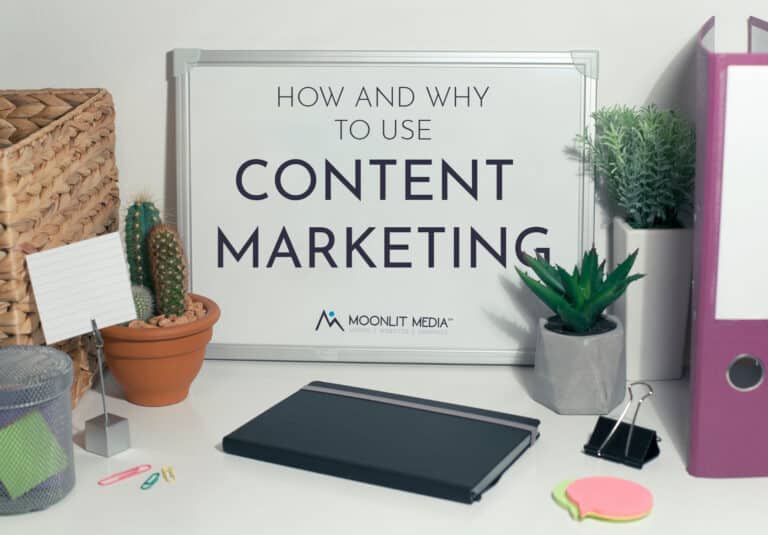A well-thought-out content strategy is crucial for the success of any small business website. Your website is often the first point of contact between your brand and potential customers, making it essential to create and maintain engaging content that captures your audience’s attention.
Today, we’ll explore the vital role of content in web design and provide strategies for creating and maintaining compelling content that keeps your audience coming back for more.
The Role of Content strategy in Web Design
Content is the heart and soul of your small business website. Content strategy plays a pivotal role in the success of small businesses for several compelling reasons. First and foremost, it serves as the bridge between a company and its target audience, helping to establish trust, credibility, and a sense of expertise.
High-quality, relevant content not only informs and educates potential customers but also engages and entertains them, fostering a deeper connection.
Additionally, content marketing is a cost-effective way for small businesses to reach a wider audience and compete with larger competitors in the digital space. It boosts online visibility, enhances search engine rankings, and can even lead to organic growth through shares and referrals.
Ultimately, well-crafted content tells a compelling story about the business, its values, and the solutions it offers, driving customer engagement and loyalty in a highly competitive marketplace. It serves multiple purposes, including:
- Informing Your Audience: Content informs visitors about your products, services, and brand. It educates them about what you offer and why they should choose you over competitors.
- Engaging Your Audience: Engaging content captivates your audience’s attention, encouraging them to stay on your website longer and explore your offerings.
- Building Trust: High-quality content establishes trust and credibility. When visitors find valuable and reliable information on your website, they are more likely to trust your brand.
- Boosting SEO: Search engines favor websites with fresh, relevant, and well-structured content. A good content strategy can improve your website’s search engine rankings, driving organic traffic.
- Encouraging Conversions: Whether your goal is to collect leads, make sales, or promote your services, compelling content can lead visitors down the conversion funnel.
Strategies for Creating Compelling Content
- Know Your Audience: Before creating content, it’s essential to understand your target audience. Conduct research to identify their pain points, preferences, and interests. Tailor your content to address their needs and provide value.
- Set Clear Goals: Define your content objectives. Are you trying to educate, entertain, or persuade your audience? Establishing clear goals helps you create content with purpose.
- Consistent Brand Voice: Maintain a consistent brand voice throughout your content. Your tone, style, and messaging should align with your brand’s identity, creating a cohesive experience for visitors.
- Diverse Content Formats: Don’t limit your content to text alone. Incorporate a variety of formats such as videos, infographics, podcasts, and images to cater to different learning styles and preferences.
- Quality Over Quantity: While consistency is important, prioritize quality over quantity. Well-researched, well-written, and error-free content has a more significant impact than rushed, subpar content.
- Keyword Research: Conduct keyword research to identify the terms and phrases your target audience is searching for. Incorporate these keywords naturally into your content to improve your website’s search engine visibility.
- Content Calendar: Create a content calendar to plan and schedule your content in advance. This ensures a steady stream of fresh content and helps you stay organized.
- Engage with Your Audience: Encourage feedback and interaction by enabling comments, social media sharing, and contact forms. Respond promptly to comments and engage with your audience to build a sense of community.
- Analytics and Optimization: Use analytics tools to track the performance of your content. Analyze which pieces are resonating with your audience and which need improvement. Adjust your strategy accordingly.
- Refresh and Update: Periodically revisit and update your older content to ensure it remains relevant and accurate. This also demonstrates your commitment to providing up-to-date information.
A strong content strategy is the backbone of a successful small business website. Engaging your audience through informative, relevant, and well-crafted content not only captures their attention but also builds trust and drives conversions. By implementing the strategies mentioned above, you can create and maintain compelling content that keeps visitors coming back for more, ultimately contributing to the growth and success of your small business.
Book a call with Moonlit Media today! We are here and prepared to help you succeed!








